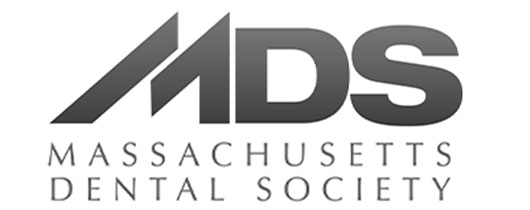Teeth whitening has become more common and more accessible over the years. It used to be an expensive treatment only available in the dentist’s office and required a lot of time and profit. Over the years, there are more options for you to use at home and the whitening chemicals can be delivered in a number of ways.
As teeth whitening becomes easier to do at home, customers have questions about these products and what to do. Our guide to teeth whitening will cover the do’s and don’ts of whitening, brushing and your overall oral health.
How Does Teeth Whitening Work?
Teeth whitening is a process by which a bleach compound is applied to your teeth for a period of time. This compound whitens and brightens your teeth one or more shades. Regardless of whether you use strips, whitening toothpaste, gum or any other method, the idea is the same. The big difference between each method is the concentration and amount of the bleach compound.
The reason for this is that at high levels, the whitening chemicals can be dangerous for your teeth and gums. They can cause permanent damage to both and leave your teeth sensitive or unable to protect against bacteria and plaque. This is why your dentist is the only one able to use the highest concentration of the whitening chemicals in their “in office” treatments. They are trained and educated to prevent damage from overuse.
Conversely, the kits you can buy from your grocery store are not heavy concentrations and are way less likely to hurt your teeth. Unfortunately, this means that they are also less effective. However, that doesn’t mean they don’t work and it doesn’t mean you don’t need to follow the rules when using them.
How to Keep My Teeth and Gums Safe When Whitening?
One of the most important rules around teeth whitening is to follow the guidelines for how long to apply the chemicals and how often. Since bleaching actively removes the stains on top of the surfaces of your teeth, they can also damage and remove the enamel and lower layers. This leaves your teeth exposed to bacteria, temperature and damage. Since enamel also doesn’t grow back, this is a permanent issue.
Additionally, it is important to not stress your teeth immediately after a whitening treatment. This means reduce or stop doing the following for minutes or hours after a treatment:
- Brushing teeth within half an hour
- Drinking acidic drinks like soda or orange juice
- Eating very hot or cold foods in general
- Drinking coffee or red wine for at least a day
Instead, dentists recommend that you brush your teeth and floss before whitening to get the most out of the treatment. They also recommend that you avoid staining foods in the lead up to whitening.
How to Proceed With Teeth Whitening
Whether you intend to do in office treatments or use at home kits, your dentist is the first person to consult. Teeth whitening, while easy and common, can still be dangerous and you need to consult a professional.
Your oral care team at Hassey Dental can give you all the do’s and don’ts while knowing your medical history and circumstances. This way, you can make an informed decision for you and your family about teeth whitening.
If you’d like to find out more and come in to talk about whitening your teeth, contact us today at Hassey Dental. Our expert team can help you brighten your smile and increase your confidence while keeping your teeth and gums healthy and safe.




